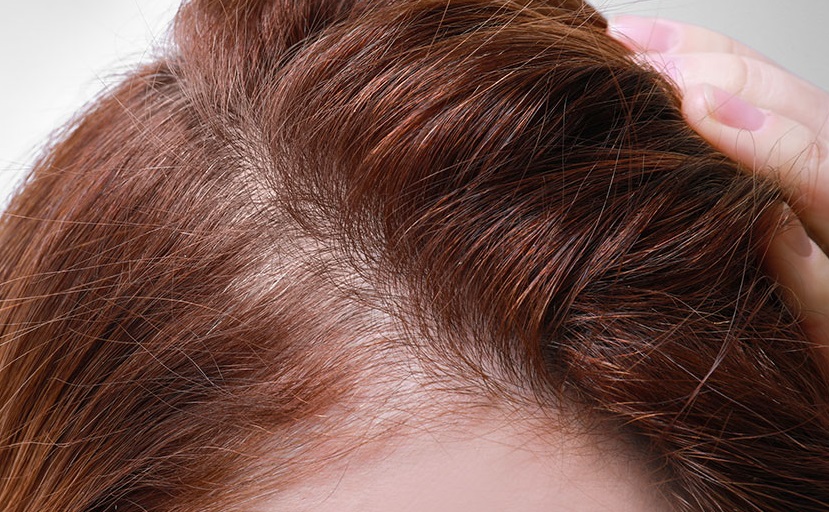Hair loss affects millions worldwide, and hormonal imbalances are a leading cause. As people explore solutions, one question arises: Does hormone replacement therapy (HRT) help with hair loss? This article examines the science behind HRT and hair growth, its effectiveness for different types of hair loss, and what to consider before treatment.
Understanding Hormone Replacement Therapy (HRT)
HRT is a medical treatment that supplements or replaces hormones (like estrogen, progesterone, or testosterone) to address imbalances caused by:
- Menopause (in women)
- Andropause (in men)
- Thyroid disorders
- Surgical removal of ovaries/testes
Since hormones play a crucial role in hair growth, HRT may influence thinning hair—but results vary by gender and cause of hair loss.
How HRT May Help with Hair Loss
1. HRT for Women (Menopause-Related Hair Loss)
During menopause, estrogen and progesterone decline, while androgens (like DHT) may rise, leading to:
- Thinning hair (especially at the crown and temples)
- Slower hair growth cycles
How HRT Helps:
✔ Boosts estrogen – Promotes thicker, stronger hair growth
✔ Blocks DHT – Some HRT formulations (like certain progestins) counteract androgenic effects
✔ Extends the hair growth phase (anagen phase)
Studies show: Postmenopausal women on estrogen therapy often report improved hair density (Journal of Menopausal Medicine, 2018).
2. HRT for Men (Testosterone & DHT Impact)
Men with low testosterone may experience thinning hair, but HRT’s effects are complex:
- Testosterone replacement can increase DHT, worsening male-pattern baldness in genetically prone men.
- Some men on HRT add DHT blockers (finasteride/dutasteride) to counteract this.
Bottom Line: HRT alone may not stop male hair loss—it could even accelerate it without proper management.
Types of HRT That May Support Hair Growth
| Type of HRT | Effect on Hair | Best For |
|---|---|---|
| Estrogen Therapy | Promotes thicker hair, slows shedding | Postmenopausal women |
| Progesterone (Bioidentical) | May block DHT | Women with PCOS or high androgens |
| Testosterone Replacement (with DHT blocker) | Prevents further thinning | Men with low T but prone to balding |
| Thyroid Hormone Replacement | Restores growth if hair loss is thyroid-related | Hypothyroidism patients |
Potential Risks & Side Effects of HRT for Hair Loss
While HRT can help, it’s not without concerns:
- For Women: Increased risk of blood clots, breast cancer (with long-term estrogen use)
- For Men: Acne, accelerated balding (if DHT isn’t controlled)
- For Both: Mood swings, weight gain, and dependency on therapy
Always consult an endocrinologist before starting HRT for hair loss.
Alternatives to HRT for Hormonal Hair Loss
If HRT isn’t right for you, consider:
- Topical Treatments – Minoxidil (Rogaine) stimulates follicles
- DHT Blockers – Finasteride (Propecia) for men, spironolactone for women
- Lifestyle Changes – Stress reduction, balanced diet (iron, biotin, zinc)
- Low-Level Laser Therapy (LLLT) – Boosts circulation to follicles
Final Verdict: Does HRT Help with Hair Loss?
✅ Yes, for women – Especially those with menopausal or estrogen-deficient hair loss.
⚠ Mixed for men – Testosterone replacement may worsen balding without DHT blockers.
❌ Not a standalone cure – Works best alongside other hair loss treatments.
The key? Get hormone levels tested first to determine if HRT is right for you.
Have you tried HRT for hair loss? Share your experience below!
